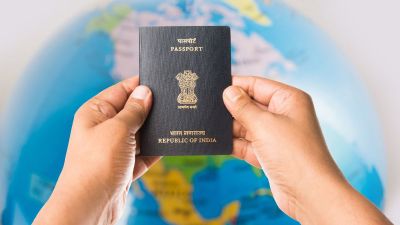In a bid to shift to the authorisation regime from the licensing framework in the telecom sector, the Telecom Regulatory Authority of India (TRAI) on Wednesday recommended three broad categories for services.
The categories are: Main service authorisations, auxiliary service authorisations and captive service authorisations. Trai has also reduced the entry fee for such authorisations by up to 50% in select categories.
The regulator, however, did not address the demand of telecom operators to include over-the-top communication apps under the authorisation regime.
Trai’s recommendations have come after the Telecommunications Act, 2023 paved the way for replacing the present licensing regime with an authorisation mechanism.
The consultation involved merging different licences into a single authorisation regime, removing redundant licences, fee and levies if a unified service authorisation is introduced for end-to-end telecom services, provision of bank guarantees and changes needed for ease of doing business, among others.
Trai said the government should grant service authorisation under Section 3(1) of the Telecommunications Act, 2023, instead of entering into an agreement with the entity. The authorisation should be a concise document, containing the essential elements, and terms and conditions for a service authorisation should be prescribed through the rules to be notified under the Act.
The regulator has also recommended a framework for permitting smooth migration of existing service providers to the new regime on a voluntary basis.
Main service authorisations will cover all primary services that are delivered to the public at large such as access services, internet services, long-distance services, satellite-based telecom services and machine-to-machine WAN services.
For access service authorisation, entry fee has been reduced from Rs 1 crore to Rs 50 lakh for each telecom circle/metro area.
Auxiliary service authorisations include all other existing services (other than captive services) that are in general provided to enterprise users and not to public at large, and have very light-touch regulatory oversight.
Captive service authorisation covers the ones for establishment of captive network after obtaining assignment of spectrum from the government, such as CMRTS (cellular mobile telephone services), CNPN, Captive VSAT CUG etc.
According to TRAI, under the new authorisation framework, ‘Unified Service Authorisation’ has been introduced to achieve the objective of ‘One Nation – One Authorisation’ across services and service areas.
This means that an entity holding unified service authorisation can provide mobile service, internet service, broadband service, landline telephone service, long-distance service, satellite communication service, machine to machine (M2M) and loT on a pan-India basis under a single authorisation.
Addressing the demand of satellite communication players such as Starlink and OneWeb, TRAI said they will also be permitted to make use of the satellite earth station gateways established in India for providing service in foreign countries, after obtaining permission from the government.









